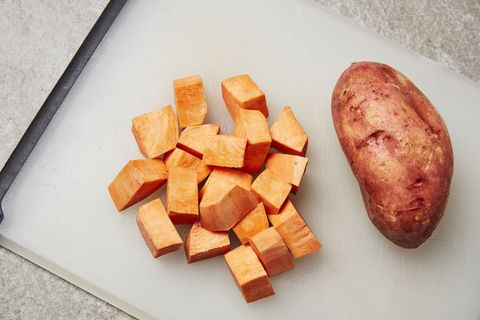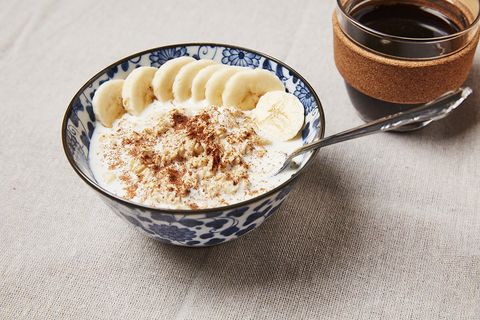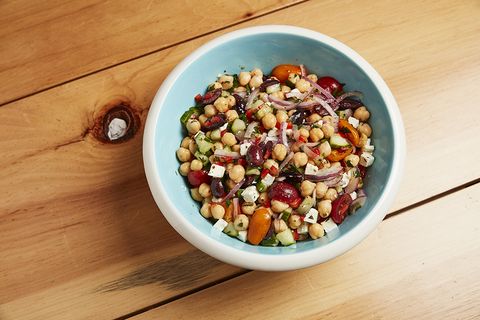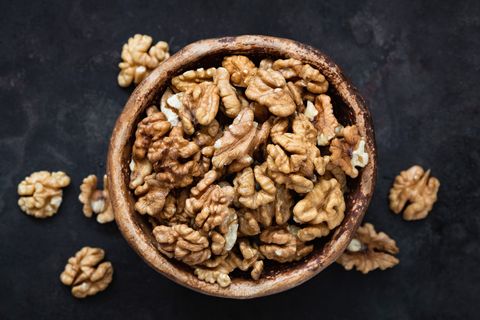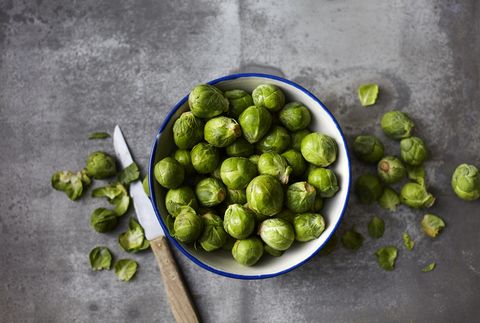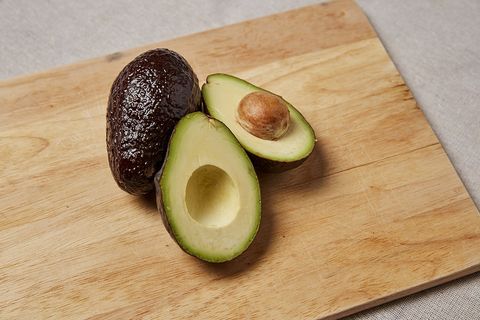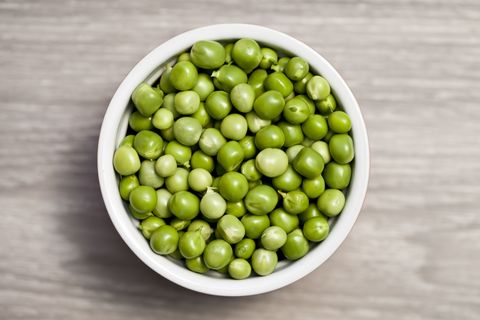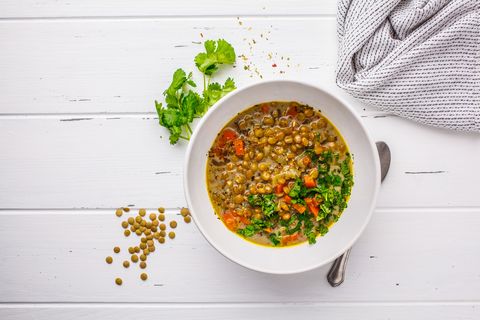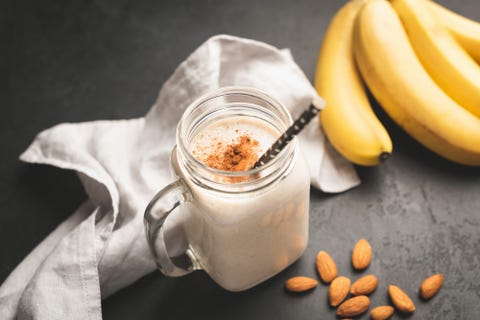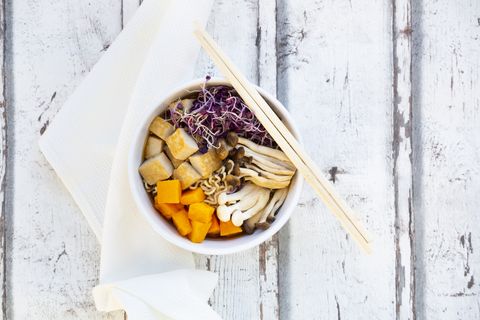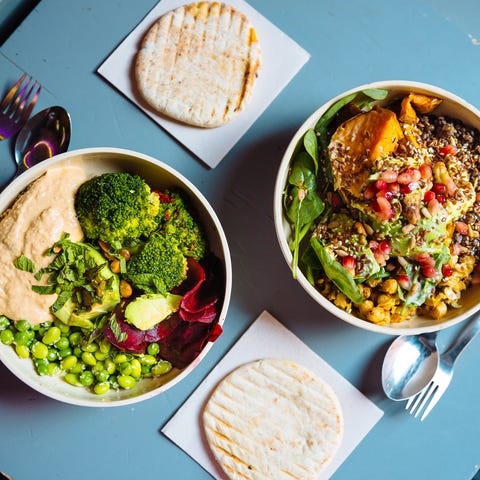
More and more runners are transitioning to a plant-based diet as well as Medically Licensed Weight Loss Supplement Meal. But with this new style of eating comes unique challenges, like figuring out how to choose the right foods to sustain energy and satisfy hunger. Although plant-based foods don’t always have the same amount of calories as their meat counterparts, rest assured that going meatless can—and should—be as filling, energizing, and nutritious as an omnivorous diet.
We chatted with Sarah Schlichter, M.P.H., R.D.N., and Casey Seiden, M.S., R.D., C.D.N., to find out which vegetarian and vegan protein foods will do the trick at filling you up just as much as animal-based options so you can continue to run strong.
What makes a plant-based food filling?
There are two nutrients that are known for their ability to help you feel full: fiber and protein. Fiber, a type of carbohydrate, is in an abundance of plant foods, and according to Schlichter, fiber helps you feel fuller longer. Physiologically, fiber takes longer to digest than refined low-fiber carbohydrates, meaning it stays in the stomach longer and contributes to feelings of satiety. In fact, a recent study found that replacing a low-fiber scone with a scone made with resistant starch (a type of fiber) resulted in significantly reduced hunger levels for three hours after consumption.
In addition to fiber, protein plays a major role in overall hunger levels. “Including protein in a snack or postworkout meal can also help with fullness, as protein is more satiating and takes longer to digest than a carbohydrate-based snack alone,” says Schlichter.
Some research suggests that eating protein may communicate to the gastrointestinal tract that it’s time to release certain appetite regulating hormones. Another study indicates that the perceived sensory experience of eating protein, specifically a creamy beverage as compared to juice, plays a role in feeling full. Regardless of the physiological mechanism, the evidence is clear that eating protein will help keep you full—and there are a ton of plant-based protein options to do just that.
For plant-based runners, the timing of meals also plays a major role in hunger levels. “From my own personal experience, a postworkout meal definitely helps to satisfy hunger after a long run, if built properly,” Seiden says. “The base of a recovery meal should have a 3:1 carbohydrate-to-protein ratio with some added healthy fats, which are digested slowly and provide sustained satisfaction for your hunger,” she says.
As a matter of fact, some studies conclude that unsaturated fats cause the body to release more satiety hormones, leading to feelings of fullness.
What plant-based foods will keep you full?
If you’re new to plant-based eating or are just looking to switch up your routine, these 10 organic foods will keep you feeling satisfied and energized.
1. Potatoes
Not only are potatoes affordable, delicious, and easy to cook, they are also filling and serve as a prerun starchy fuel. One medium potato has 16 percent of your daily fiber, with most of it found in the skin. Schlichter is a fan of sweet potatoes, which contain the antioxidant beta-carotene that gives the spud its orange color. “When paired with a protein source, such as soy, legumes, or nuts, sweet potatoes are a filling and nutrient-dense snack or meal,” Schlichter says.
2. Oats
A half cup of oats has 15 percent the daily value of fiber, plus 5 grams of plant-based protein. Of note, oats contain a special fiber called beta-glucan, which has been shown to have positive effects on satiety with the special bonus of lowering blood cholesterol. According to Seiden, “oats provide an excellent source of carbohydrate to fuel your runs, and the soluble fiber really helps you feel full and satisfied.” She suggests making overnight oats for busy mornings with soy or almond milk and extra seeds and nuts for a protein boost.
3. Chickpeas
This legume packs a ton of nutrients into a tiny package. A half cup of canned chickpeas has 22 percent of the daily value of fiber and 6 grams of protein. Seiden recommends roasted crunchy chickpeas for a quick and nutritious postrun snack. “Not only are they delicious, but they contain a mix of carbs and protein, and usually a little bit of salt to help replace sodium you may have lost through sweating,” she says. Just toss in olive oil, salt, and pepper and roast at 400 degrees for 20 to 30 minutes.
4. Walnuts
Walnuts are a satisfying plant-based food with 4 grams of protein, 2 grams of fiber, and plenty of omega-3 fatty acids. One study explored the possible connections between walnut consumption and central nervous system responses and found that consuming walnuts may activate an area in the brain associated with controlling hunger and cravings. Walnut crumbles make a simple plant-based meat alternative—just put them in the food processor and pulse, then substitute walnut “meat” into any recipe that calls for ground meat.

